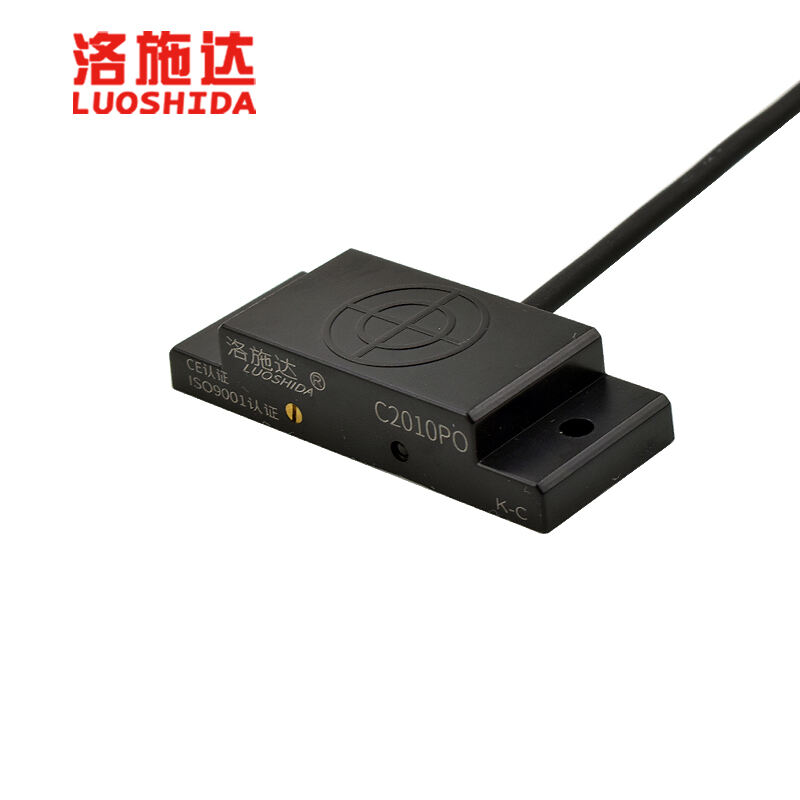
In various industrial applications such as construction, mining and oil & gas, accuracy and reliability of detection becomes the first priority. Capacitive proximity sensors allow for safer and more effective detection since they eliminate the need of contact and thus reduce the chances of accidents.
Working Principle of Capacitive Proximity Sensors: Why are they ideal for construction and oil & gas?
In case of construction or oil & gas industry, there may be some expected heavy dust and extreme temperature which could potentially compromise the reliability of contact-based systems. In this regard, contactless solid state capacitive proximity switches eliminate such challenges and improve safety standards in harsh conditions where using contact sensors may not be feasible or make any sense due to the threat posed to the object due to heavy contact or being submerged underwater.
LUOSHIDA has some long term goals in mind in terms of capacitor development strategy which include improving the approach to high accuracy, making capacitors that are remote as well as secure as well as tough enough to perform under extreme temperatures. More than that, they are extremely robust and can survive challenging conditions all the while ensuring safer standards for working within oil and gas, as well as chemical industries as well as mining and construction in general.
Key Features of LUOSHIDA Capacitive Proximity Sensors Targeted for Construction
Capacitive sensors make use of electric fields to detect target objects allowing them to be activated without any actual contact thus improving safety standards in environments which could be hostile while keeping the main purpose which is detection intact.
High Durability: One of the great advantages of LUOSHIDA capacitive sensors is that they are able to withstand corrosion, heat and moisture as the solids used in these sensors are designed for maximum strength.
LUOSHIDA’s capacitive sensors perform accurately even when used in harsh environments; thus, industrial safety processes do not malfunction.
WEATHER RESISTANT LUOSHIDA CAPACITIVE PROXIMITY SENSORS
Just like LUOSHIDA capacitive proximity sensors, the others can equally be used in harsh environments such as:
Oil and Gas: Supervising pipes or tanks filled with hazardous liquids without tapping into them.
Chemical Industry: Monitoring the volume of liquid materials contained in potentially harmful tuners.
Mining: oxygen -rich and high-temperature environments as well as dust that is prevalent during mining, to monitor and search for unwanted items.
In environmental conditions that are potentially hostile, LUOSHIDA capacitive proximity sensors are ideal for installations with high requirements of safety and detection accuracy.